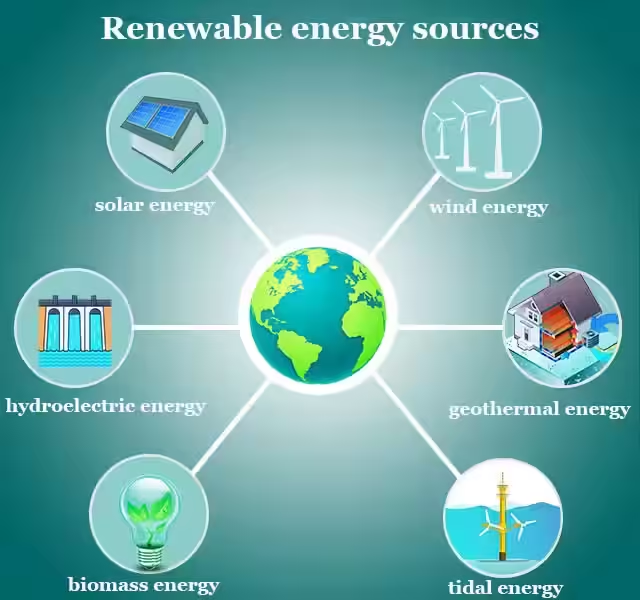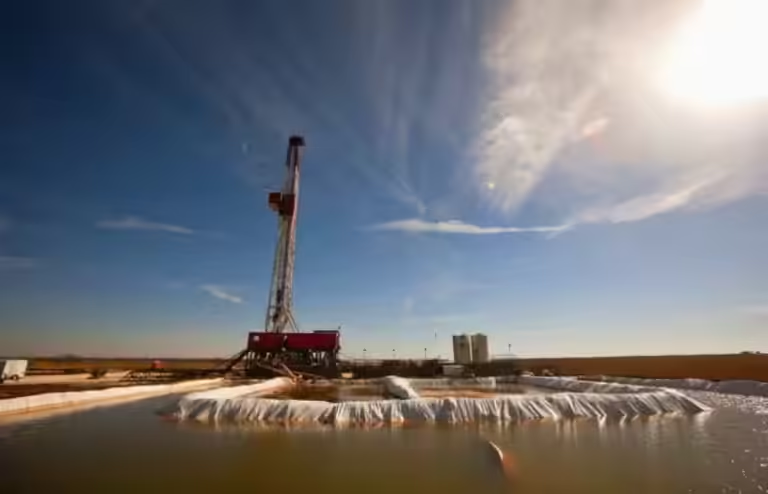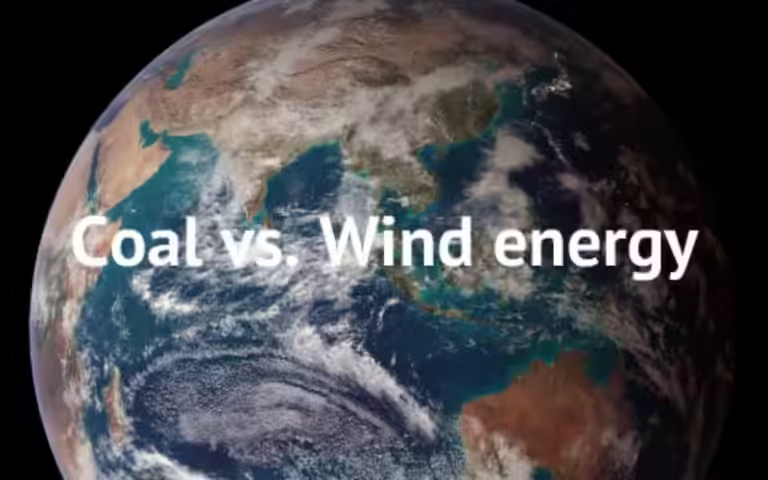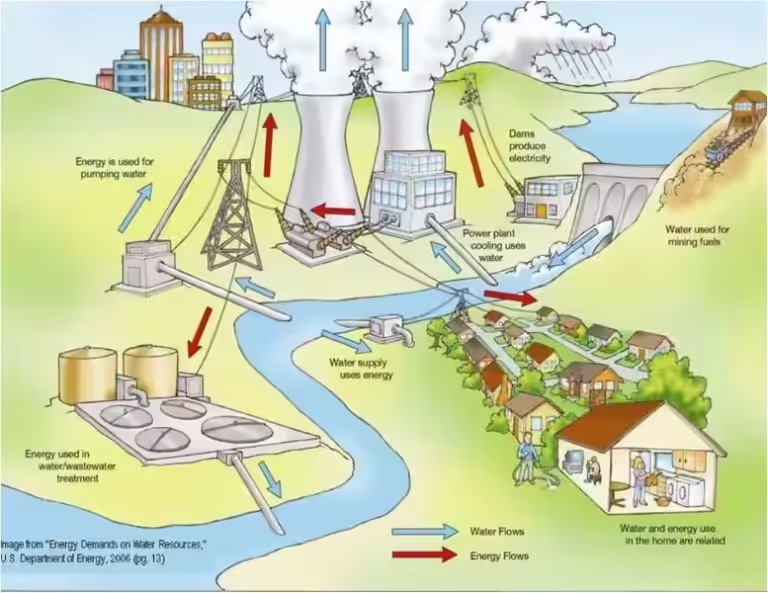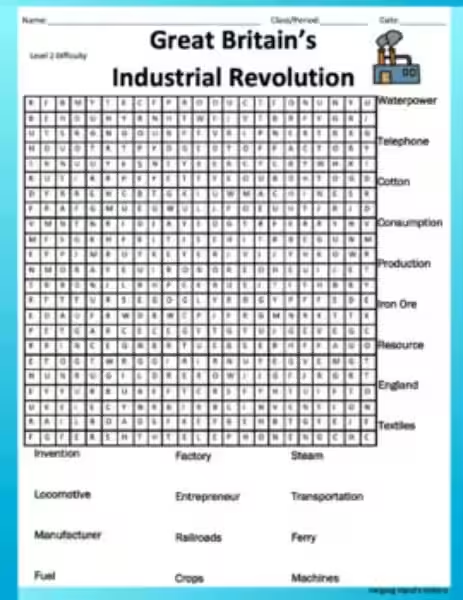The Unsung Hero of Transportation: Petroleum

Our world runs on wheels, and those wheels are powered by a vital resource: petroleum. It's the lifeblood of our transportation system, fueling our cars, trucks, airplanes, and even ships. While we're increasingly looking towards alternative energy sources, petroleum remains the dominant player, accounting for a staggering 95% of global transportation energy consumption. But how did petroleum become so ubiquitous, and what are the implications of its continued dominance?
Petroleum's journey to becoming the world's most important transportation fuel began in the late 19th century. The discovery of vast reserves in the US and other regions sparked a global rush for this black gold. Its high energy density and relative ease of extraction made it ideal for powering the burgeoning automobile industry. As cars became commonplace, so too did the demand for petroleum, solidifying its position as the fuel of choice.
The Reign of Petroleum: Advantages and Disadvantages
Petroleum's dominance in transportation stems from its unique advantages. It's a readily available and relatively inexpensive energy source, offering a high energy output per unit. It's also easily transportable and compatible with existing infrastructure. However, petroleum's reign comes at a cost. Its extraction and refining processes contribute significantly to greenhouse gas emissions, contributing to climate change. Furthermore, the reliance on petroleum has geopolitical implications, as countries compete for control of this vital resource.
A World on the Move: Petroleum's Impact on Society
Petroleum's influence extends far beyond our cars. It underpins our global economy, enabling the transportation of goods and services across vast distances. It fuels our industries, facilitating manufacturing and agriculture. It even plays a role in our homes, powering heating systems and generating electricity. This dependence on petroleum has shaped our modern world, creating both opportunities and challenges.
A Shift in Gears: The Future of Transportation Energy
The world is slowly but surely moving away from its dependence on petroleum. Concerns about climate change and resource depletion have spurred the development of alternative energy sources, such as renewable energy, electric vehicles, and biofuels. These alternatives offer promising solutions, but their widespread adoption faces challenges, including cost, infrastructure, and public acceptance. The transition to a more sustainable transportation system is a complex process that requires sustained effort from governments, businesses, and individuals.
The Road Ahead: A Balanced Approach
The future of transportation energy is likely to be a blend of traditional and alternative sources. While petroleum will likely remain a significant player for the foreseeable future, the shift towards cleaner and more sustainable options is inevitable. This transition will require a multi-pronged approach, including technological innovation, policy changes, and a shift in consumer behavior. By embracing a balanced approach, we can reduce our reliance on petroleum and create a more sustainable transportation system for generations to come.
Frequently Asked Questions: Which fossil fuel is most used for transportation?
What fossil fuel accounts for 95% of transportation energy consumption?
Petroleum



